
AeroGenie — Votre copilote intelligent.
Tendances
Categories
FedEx Cancels Airbus A380 Order
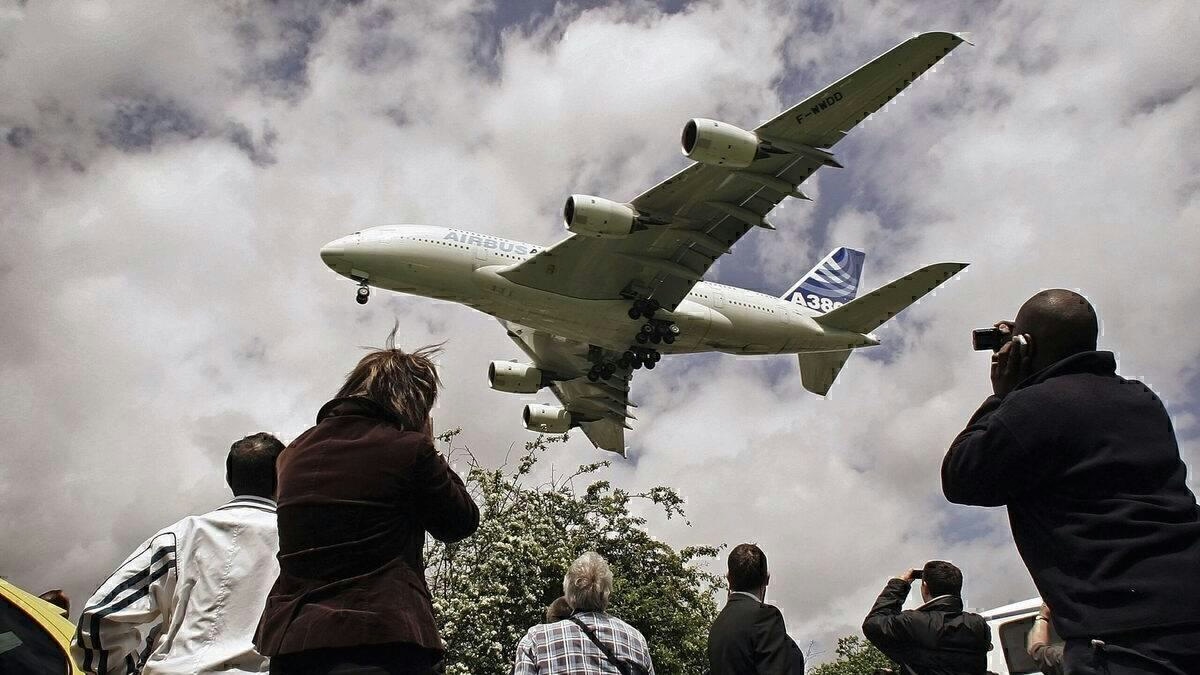
FedEx Cancels Airbus A380 Order
The Airbus A380, renowned for its full double-decker design, spacious cabin, and distinctive silhouette, has long been celebrated as a remarkable engineering achievement in aviation. Despite its technical sophistication and passenger comfort, the aircraft faced significant commercial challenges, securing only 251 orders throughout its production. These difficulties stemmed from a limited market, design compromises, and engines that were less fuel-efficient compared to newer models such as the Boeing 787. Furthermore, the A380’s cargo capacity was constrained by weight limitations, often reaching maximum takeoff weight before fully utilizing its expansive interior space.
The A380 Freighter Program and Market Challenges
Airbus initially planned the A380 as a family of aircraft, including the A380-800 passenger model and a freighter variant, the A380F. The freighter was designed to rival the Boeing 747-8F, boasting the ability to carry 150 tons over 5,600 nautical miles, thereby surpassing its competitor in both payload and range. However, the A380F struggled to gain traction in the market, attracting only four customers who collectively ordered 37 units. Weight restrictions and a lack of robust demand in the cargo sector ultimately led Airbus to cancel the freighter program and concentrate on the passenger version.
FedEx Express, a global leader in logistics, was among the few companies to initially commit to the A380F, placing an order for 10 aircraft. The freighter appeared well-suited to FedEx’s business model, which focuses on transporting lightweight packages. Nevertheless, FedEx’s decision to cancel its order reflected broader concerns about the aircraft’s market viability and profitability. This decision came amid increased scrutiny of cargo aircraft safety and efficiency, particularly following the grounding of FedEx and UPS’s MD-11 fleets after a fatal crash. These developments highlighted the operational and financial risks associated with large, specialized freighters like the A380F.
Implications for Airbus and the Aviation Industry
The cancellation of FedEx’s order not only disrupted Airbus’s production strategy but also raised questions about the manufacturer’s financial stability and its relationships with key customers. Emirates, the largest operator of the A380, having ordered nearly half of all units produced, continues to support the aircraft. However, Emirates and other airlines are increasingly exploring alternatives such as the Airbus A350-1000, which offers improved economic performance and operational flexibility. This shift reflects a broader industry trend toward fleet strategies that prioritize efficiency and adaptability.
The grounding of older cargo fleets and the cancellation of prominent orders like FedEx’s A380F underscore the evolving challenges confronting global supply chains and the air freight sector. For Airbus, these developments emphasize the critical importance of aligning product development with market demand, a lesson that continues to influence its strategic approach as the aviation industry adapts to changing conditions.
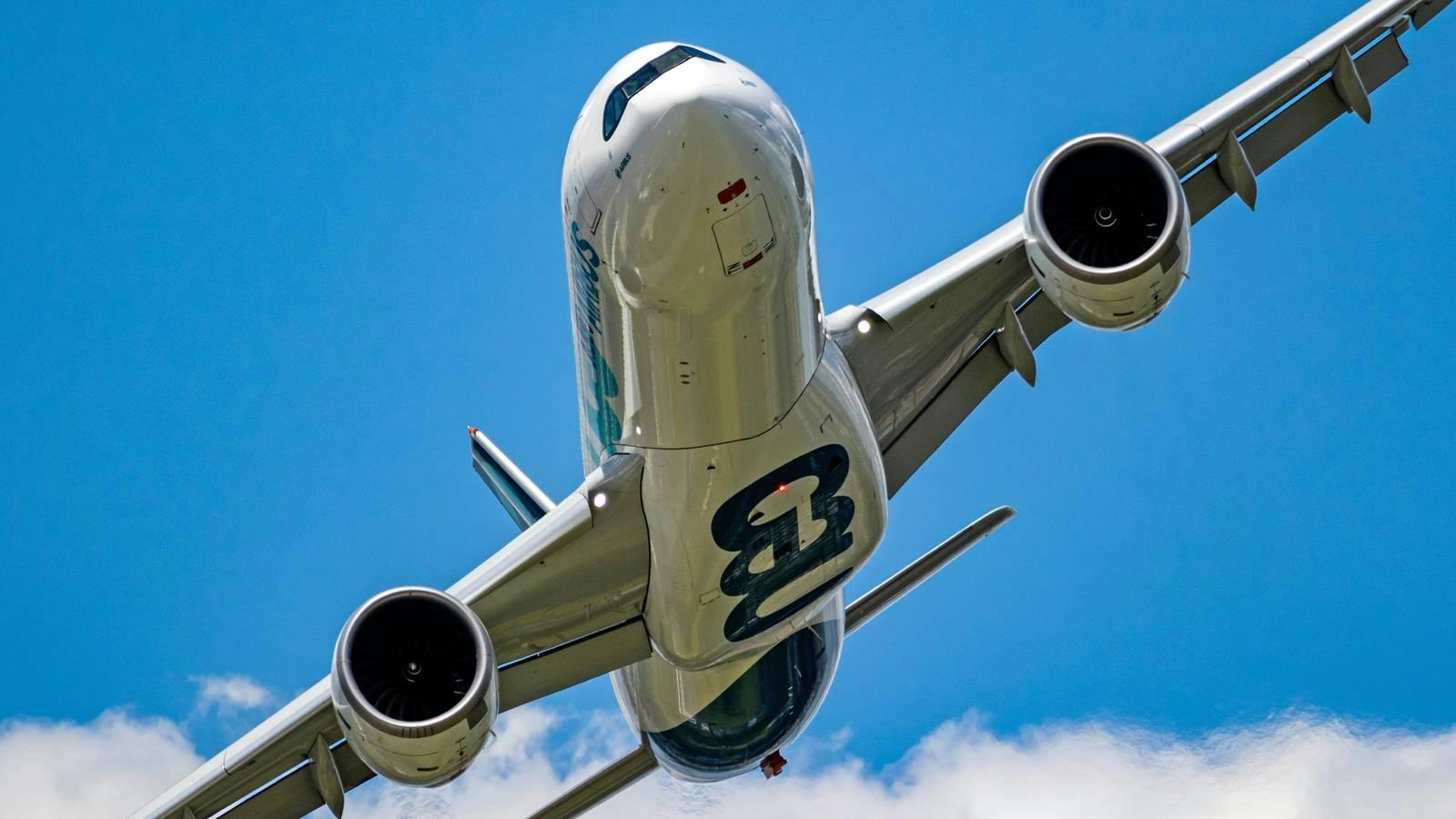
Why Is the Airbus A330neo Limited to a Single Engine Type?

Why AI Hasn’t Transformed Flight Booking
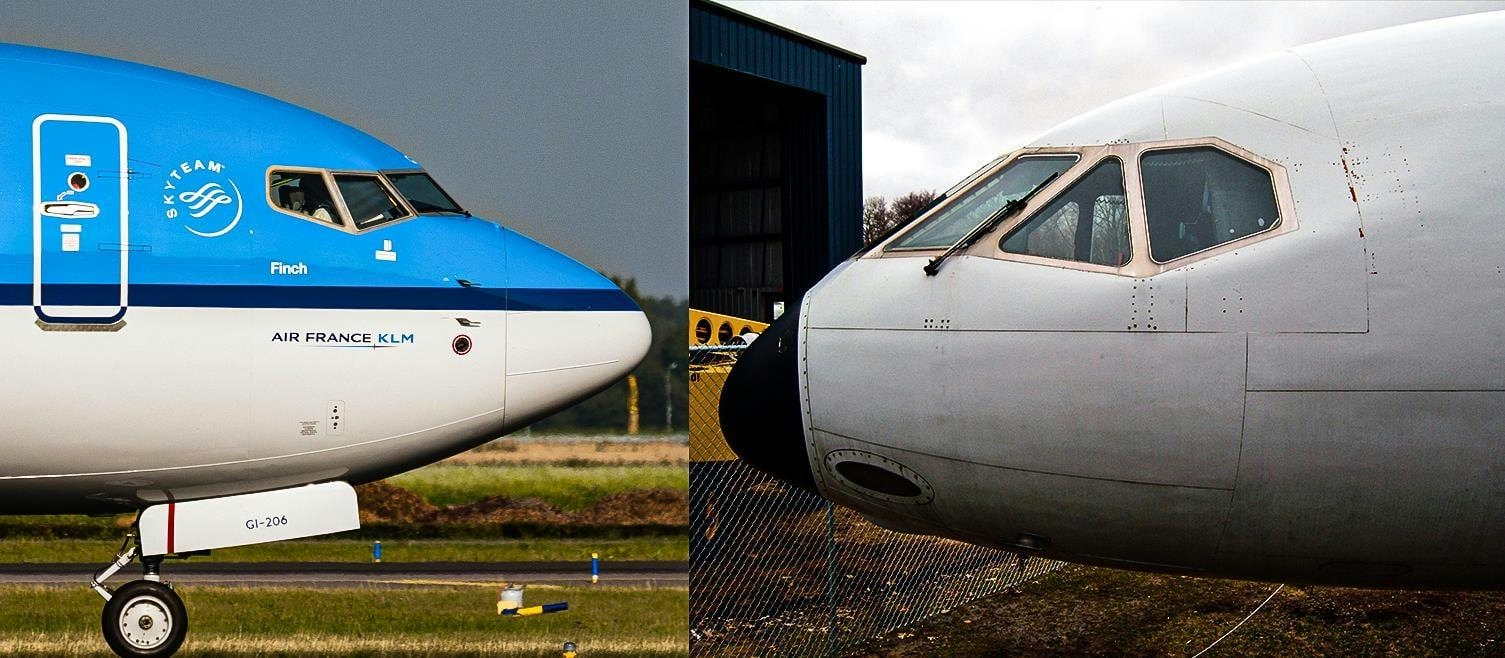
Why Are Boeing Aircraft Noses More Pointed Than Airbus?
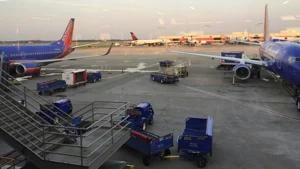
Digitizing the Aviation Supply Chain: Moving Beyond Outdated Practices
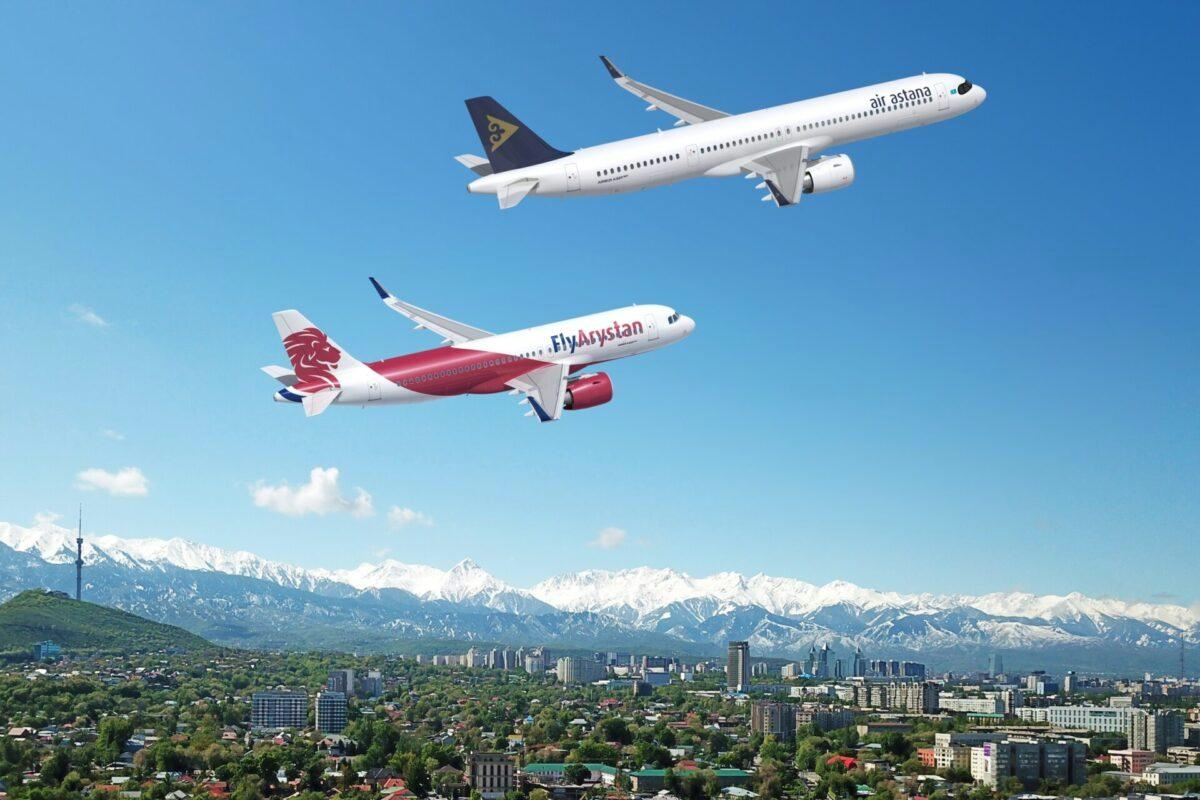
Air Astana Signs Agreement for Up to 50 Airbus A320neo Jets

East London students explore aviation innovation at LCY STEM event

Archer’s Air Taxi Fails to Fly at Dubai Airshow
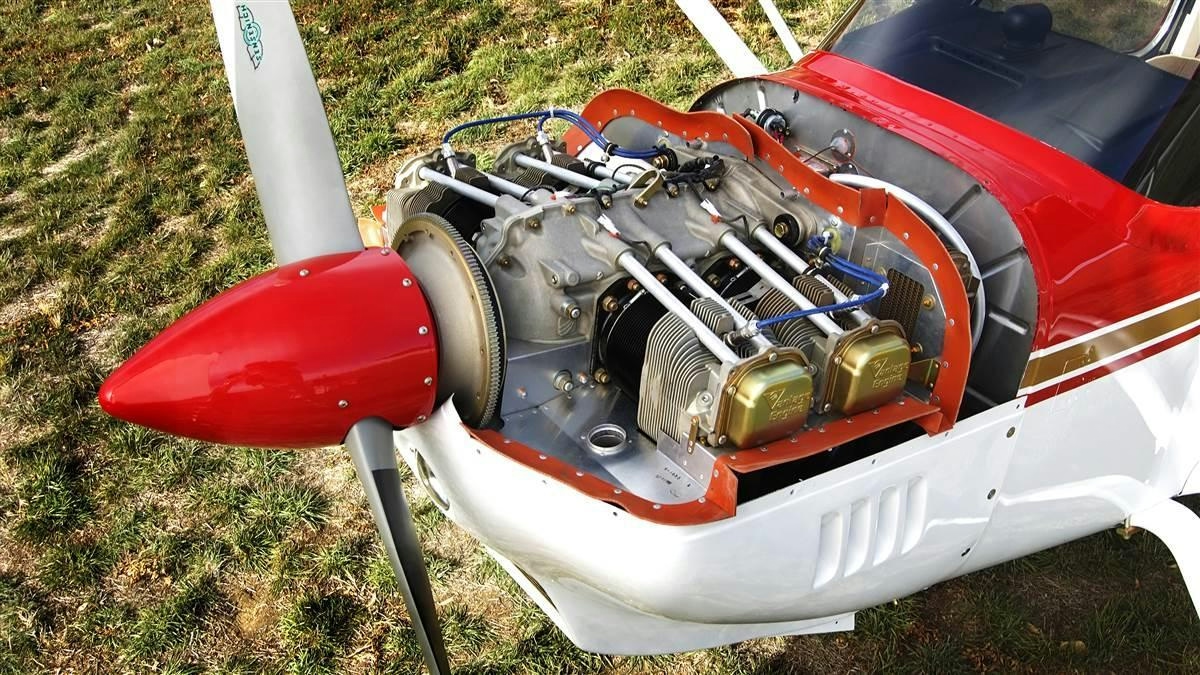
New Course on Airplane Engine Operations Launched

Ethiopian Airlines Expands A350 Fleet Amid Growing African Aviation Demand
